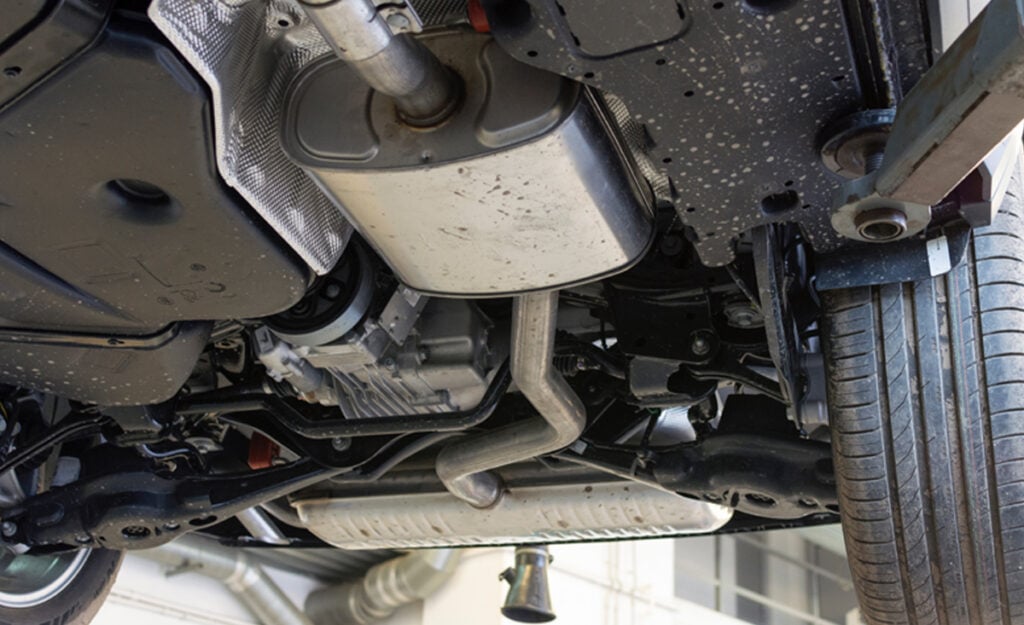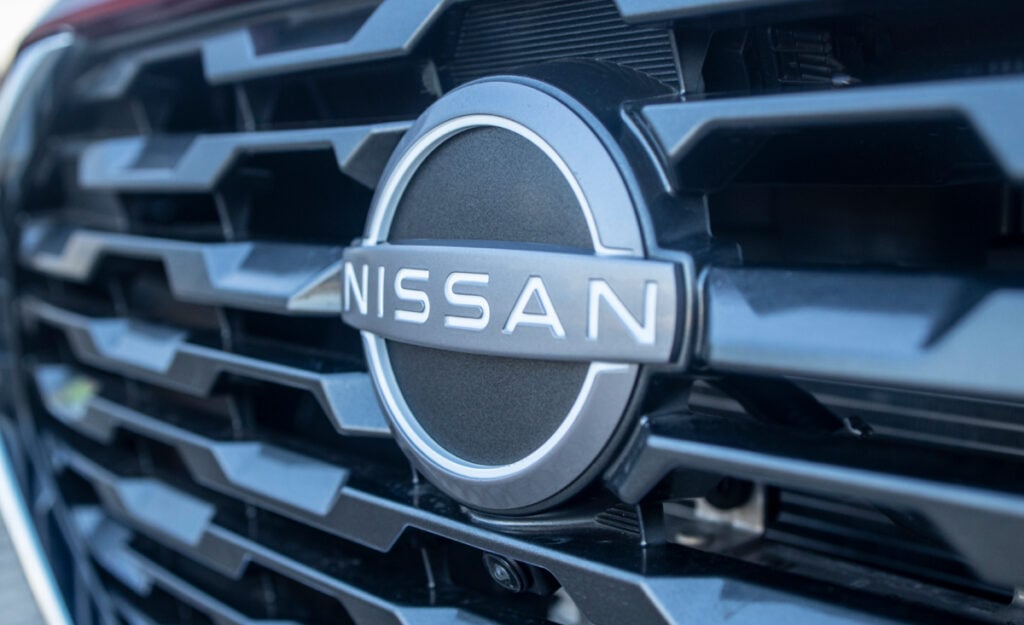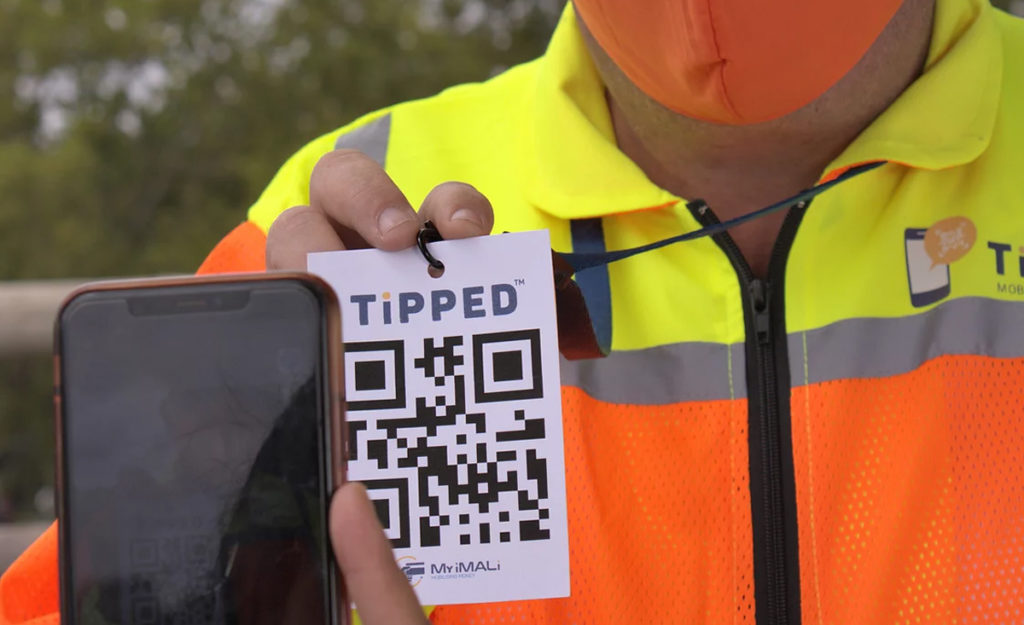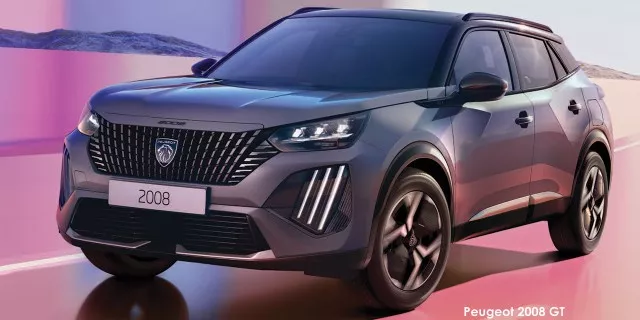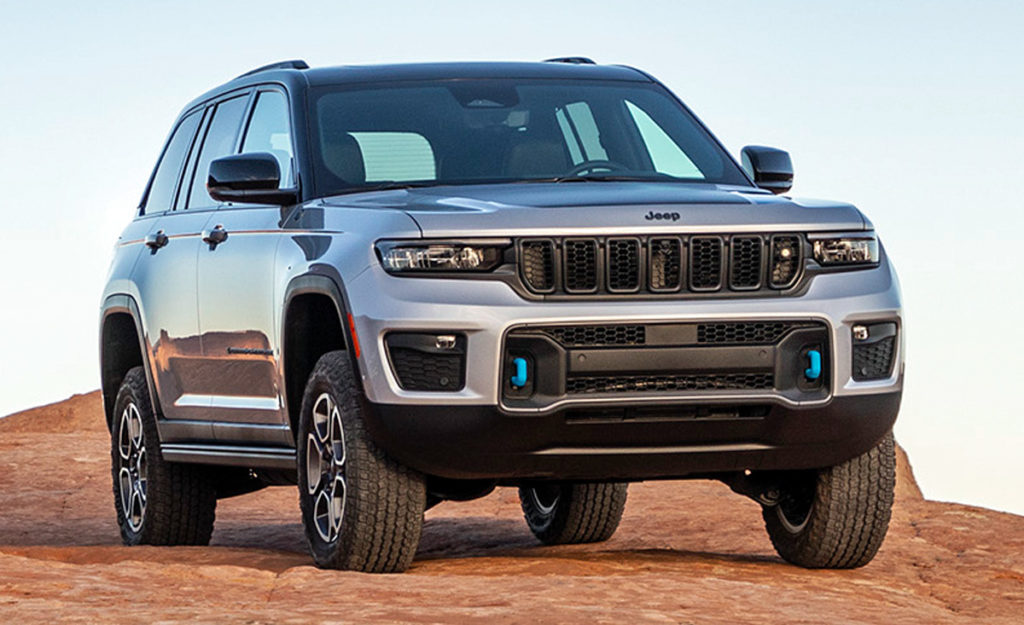
As modern cars become increasingly reliant on digital networks, new safety and security risks like hackers and malware will prove to be a major threat.
This is according to BT Group in the UK, which detailed the various issues that cars will face in an always-online world.
A new threat
Soon, every car will be connected and able to talk to everything around it using Vehicle-to-Everything (V2X) technology, including other cars and smart city infrastructure, said Ben Azvine, head of security research at BT.
Self-driving cars, otherwise referred to as connected autonomous vehicles (CAVs), will have drastically more network components than traditional cars, which will give hackers a greater window to cause havoc, he said.
This was demonstrated in 2015 when two hackers demonstrated it was possible to hijack a Jeep while it was on the motorway, stalling the engine and bringing the vehicle to a complete stop.
The event resulted in Fiat Chrysler Group recalling over 1.4 million cars due to the safety risk it posed.
Another example is a keyless entry hack that has allowed criminals to remotely unlock the doors on Honda and Tesla models.
How big the issue is
Vehicle cyber security will be a major challenge going forward as the world transitions towards CAVs because the cars themselves are not the only vulnerability.
Any product made by an original equipment manufacturer (OEM) with online connectivity, such as a smartphone, can potentially offer an entry-point for hackers and malware, said Azvine.
There are also currently no established standards for vehicle security, which means cyber-protections from various manufacturers may vary wildly until a set of clear technical requirements is created.
“With a lack of standards and potentially millions of OEM devices connecting with each other, it’s nearly impossible to know exactly where the threat will come from,” said Azvine.
What is being done
Software security companies are currently developing self-learning AIs that are capable of preventing the spread of malware in an effort to get standardised protection across the industry.
With these technologies, a car’s security application will be able to block and redirect viruses to a firewall before they can access the network, according to BT.
“While in some industries security breaches only disrupt business operations, for CAVs, breaches can be a matter of life or death,” it said.
“AI and machine learning are the indispensable tools that will protect against cyber threats to the mobility networks of today and tomorrow.”



